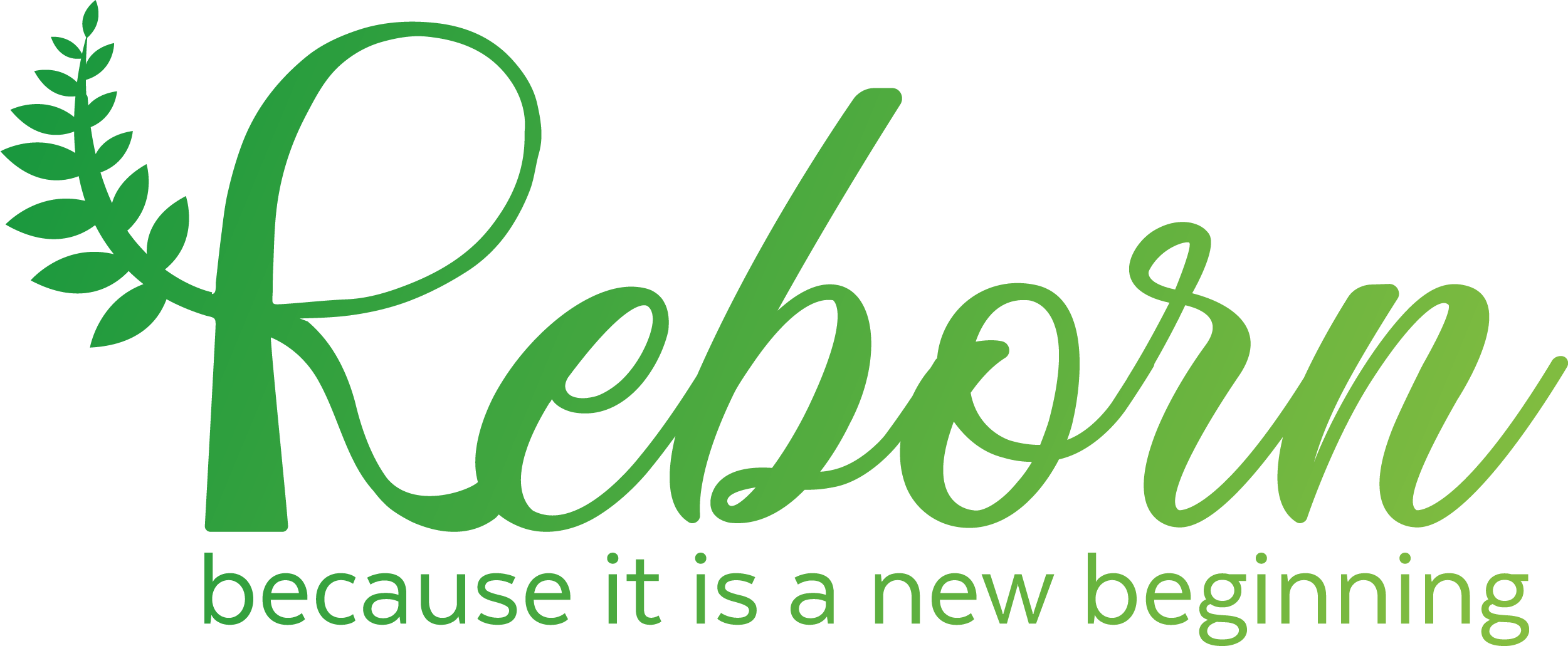Blog
Cultural Awareness in CBT Therapy:Diversity and Mental Health

CBT Therapy, the fundamental approach used in Reborn Clinic, holds a huge potential in terms of adaptability to diverse colours of our human family. My approach to therapy is grounded a deep human connection—one that honours each individual’s cultural identity. Over the years, I’ve had the privilege of working with clients from a rich tapestry of backgrounds: Irish, Polish, German, Croatian, English, American, Brazilian, Algerian, French, Indian, Lithuanian, Mauritian, Maldivian, and beyond. These experiences have profoundly shaped my understanding of therapy as not just a clinical process, but a shared journey of not only of mutual respect and learning but also shared across the globe human struggles.
The Significance of Cultural Awareness in Therapy
Cultural awareness in therapy is not merely about acknowledging a client’s background; it’s about integrating that understanding into the therapeutic process. Research underscores the importance of cultural competence in enhancing therapeutic outcomes. For instance, a systematic review highlighted that cultural competence training for mental health professionals can improve attitudes, knowledge, and skills, leading to more effective therapeutic interventions. This aligns with my belief that therapy should be a space where cultural differences are not just accepted but celebrated. With my luck—and my natural curiosity about the world—my journey into cultural awareness in therapy started long before I ever became a therapist. The first time I laid eyes on cultures beyond my own was through magazines, TV, and radio (yes, I come from the era before the Internet existed 😉). I didn’t know it at the time, but that simple curiosity would guide much of my professional path. Eventually, it led me to emigrate, and living surrounded by people from different backgrounds made me feel closer to the world than ever before. Suddenly, the diversity of thought, ideas, and experiences around me became part of my everyday life—the garden of the world had never seemed so beautiful.
Integrating Cultural Awareness into Cognitive Behavioural Therapy (CBT)
Cognitive Behavioural Therapy (CBT) is a cornerstone of my practice. However, I’ve learned that its effectiveness is amplified when adapted to fit the cultural context of the person. Studies have shown that while CBT is effective for ethnic minorities with diverse mental health problems, cultural adaptations are necessary to enhance its efficacy. For example, a study found that culturally adapted CBT led to significant improvements in symptoms of anxiety and depression among diverse ethnic groups. This reinforces my commitment to tailoring techniques to resonate with each client’s cultural values and experiences—a process that can be deeply creative incorporating art, music, storytelling, rituals, creative writing, mindfulness, movement, or breathing exercises. Even small touches—like metaphors, symbols, or familiar traditions—can make therapeutic insights more meaningful. In this way, therapy becomes a personalized, creative journey toward self-understanding, resilience, and well-being, all grounded in CBT fundamentals.
My Approach to Culturally Sensitive Therapy
In my practice, I strive to embody curiosity, open-mindedness, and empathy. I approach each session with a genuine desire to understand my clients’ unique perspectives. This means listening deeply, asking thoughtful questions, and remaining open to learning from each individual. I believe that every individual brings a wealth of knowledge about their own life, and it’s my role to honour and integrate that wisdom into our work together. However, cultural sensitivity is not simply about accepting all cultural differences without reflection. It requires therapists to acknowledge the limits of their own perspective and recognize their cultural projections. This involves examining how one’s own conditioned lifestyle, societal norms, or habitual biases may unconsciously shape interpretations of person’s experiences. For example, therapists from Western European backgrounds must be aware of the assumptions inherent in their cultural lens and actively set aside ego-driven judgments. True cultural sensitivity is achieved through humility, self-reflection, and a conscious effort to understand the person’s worldview on its own terms.
Navigating Cultural Clashes in Therapy
While cultural awareness is essential, therapists must also recognize that clients may encounter conflicts between deeply held cultural beliefs and their mental health needs. In some cases, certain cultural teachings, norms, or expectations may contribute to stress, anxiety, or unhelpful patterns of thinking. Therapy often involves gently exploring these areas, helping a person identify which cultural perspectives support their well-being and which may need to be reconsidered or adapted.
This process requires sensitivity and respect. Therapists must provide a safe space where clients can examine their values without judgment, encouraging self-reflection and critical thinking. Interventions such as CBT therapy can help therapy participants reframe beliefs, develop healthier coping strategies, and integrate cultural values in ways that promote emotional resilience. The goal is not to reject culture but to empower clients to navigate cultural challenges in a way that supports mental health, fostering growth, balance, and well-being within their cultural context.
Why Online Therapy Supports Cultural Awareness
Online therapy removes geographical barriers, allowing therapists to connect with clients from around the world. This accessibility is especially valuable for culturally diverse clients who may face limited local options or social stigma.
Receiving therapy at home often makes person feel more comfortable and open, supporting exploration of sensitive topics. Online sessions also allow therapists to integrate culturally meaningful tools—art, storytelling, rituals, creative writing, and mindfulness exercises—tailored to each client’s background.
Additionally, online therapy promotes continuity of care, flexible scheduling, and cross-cultural learning for therapists, enhancing cultural competence. By bridging distance and respecting diversity, online therapy provides inclusive, personalized, and effective support for mental health and well-being.
Conclusion
Cultural awareness is not an optional skill in therapy—it is foundational to effective practice. Integrating CBT with an understanding of each client’s cultural background allows therapists to provide interventions that are both relevant and meaningful. By recognizing personal biases, setting aside ego, and reflecting on how one’s own cultural perspective may influence the therapeutic process, therapists can create a safe and respectful space for individual to explore challenges.
This approach acknowledges that clients may sometimes face conflicts between deeply held cultural beliefs and their mental health needs. Therapists can support them in navigating these challenges, helping a person adapt or reframe beliefs that no longer serve their well-being. Incorporating culturally sensitive tools—such as creative writing, art, rituals, storytelling, and mindfulness practices—enhances engagement and allows clients to access their personal strengths and resources.
At Reborn Clinic, I am deeply aware about cultural diffrences and my own place in it therefore therapy is flexible, holding the core of CBT intact however changing cultural expressions if needed therefore fostering resilience, self-understanding, and overall mental health. By embracing cultural diversity, therapists can enrich the therapeutic process and achieve deeper, more meaningful outcomes for clients from all backgrounds.
References:
Chu, W., Wippold, G., & Becker, K. D. (2022). A systematic review of cultural competence trainings for mental health providers. Professional Psychology: Research and Practice, 53(4), 362–371. https://doi.org/10.1037/pro0000469 PMC
Mishu, M. P., Tindall, L., Kerrigan, P., & Gega, L. (2023). Cross-culturally adapted psychological interventions for the treatment of depression and/or anxiety among young people: A scoping review. PLOS ONE, 18(10), e0290653. https://doi.org/10.1371/journal.pone.0290653 PLOS
Hwang, W.-C., & Chang, D. F. (2021). Culturally responsive cognitive behavioral therapy for ethnically diverse populations. Annual Review of Clinical Psychology, 17, 1–28. https://doi.org/10.1146/annurev-clinpsy-080921-072750 Annual Reviews
Farooq Naeem, Rupy Johal, Claire McKenna, Shanaya Rathod, Muhammad Ayub, Tania Lecomte, Nusrat Husain, David Kingdon, Saeed Farooq. “Cognitive Behavior Therapy for psychosis based Guided Self-help (CBTp-GSH)” delivered by frontline mental health professionals: Results of a feasibility study. Schizophrenia Research, 173(1-2), 69–74.
